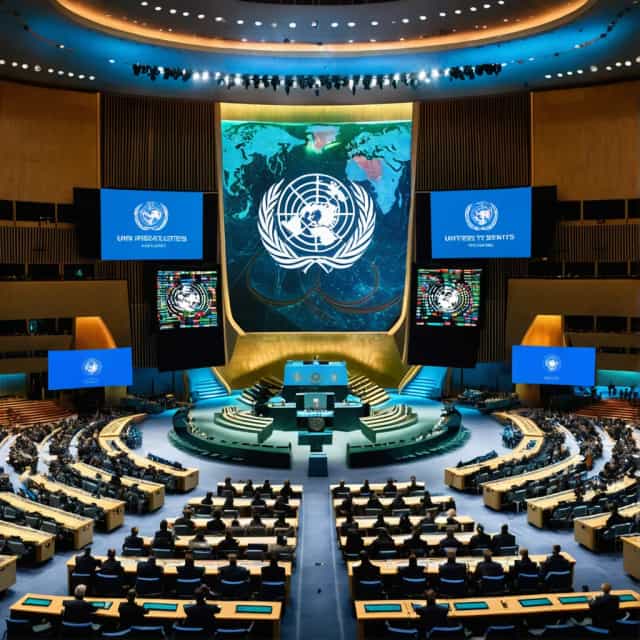
출처: Block Media
South Korean President Advocates for Currency Swap with the US to Ensure Stability Amid $350 Billion Investment Commitment
South Korean President Lee Jae-myung has called for a currency swap agreement with the United States to mitigate potential financial risks associated with fulfilling South Korea's ambitious $350 billion (approximately 489.65 trillion won) investment pledge in the U.S., according to a Reuters report dated October 22. This proposal reflects escalating concerns over the strain such a significant financial commitment could place on South Korea's economy.
The Economic Stakes: Preventing a Repeat of the 1997 Financial Crisis
In his remarks, President Lee underscored the pressing need for a currency swap to prevent a potential economic downturn. Reuters quoted him saying, "Without a currency swap, withdrawing $350 billion as required by the United States and investing it entirely in cash within the U.S. could place South Korea in a financial situation reminiscent of the 1997 crisis."
The reference to the 1997 Asian financial crisis highlights the gravity of the situation. During that period, South Korea faced severe monetary challenges, including a rapidly depleting foreign exchange reserve. The President’s concerns suggest that fulfilling the investment pledge without safeguards could put undue pressure on the Korean won, destabilizing financial markets and compromising economic stability.
$350 Billion Investment and Trade Tariff Agreement
The $350 billion commitment stems from a bilateral agreement reached in July between South Korea and the United States. As part of the deal, the U.S. imposed a 15% tariff on South Korean exports, while South Korea agreed to establish a substantial fund aimed at fueling investments within U.S. borders.
Despite the agreement, the specifics of implementing these commitments have sparked tension. The sheer scale of the investment— an unprecedented financial outlay for South Korea—has raised questions about its economic feasibility and implementation timeline. These issues have reportedly led to a stalemate in negotiations, with both nations seeking to resolve concerns over the investment’s terms and broader trade relations.
Why a Currency Swap Is Critical
President Lee's push for a Korea-U.S. currency swap underscores its importance as a financial stabilizer in this situation. Such an agreement would allow the two countries to exchange currencies at predetermined rates, easing the burden on South Korea to heavily withdraw U.S. dollars from its reserves. Additionally, this arrangement would bolster foreign currency liquidity and provide a safety net against short-term economic disruptions.
By positioning a currency swap as a key mechanism to meet the financial obligations, South Korea aims to both honor its international commitments and safeguard domestic financial markets. Without this secondary support mechanism, the rapid outflow of capital could weaken the won, dampen investor confidence, and trigger an economic imbalance that could ripple across sectors.
Balancing Economic Commitments and Stability
As South Korea navigates the complexities of international trade agreements, its leaders must carefully balance substantial foreign investment commitments with maintaining national financial stability. President Lee’s concerns bring to light the challenges of executing large-scale investments while avoiding economic vulnerabilities reminiscent of past financial crises.
Moving forward, the proposed currency swap could be a crucial step in alleviating these concerns, ensuring South Korea maintains strong economic footing while fulfilling its $350 billion investment pledge to the U.S. The coming negotiations between the two nations will likely determine the viability and terms of such an arrangement, with far-reaching implications for both South Korea’s economy and its role in global trade.










